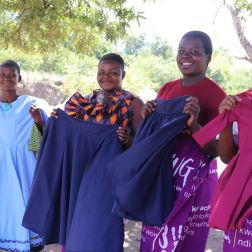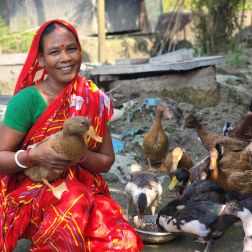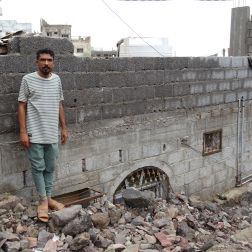- 3 mins read time
- Published: 6th March 2020
International Women’s Day: Why some don’t have time to care
It’s often said that “a woman’s work is never done” – and judging by our recent inequality report on the millions of hours of unpaid care work undertaken by women and girls, that old adage is truer than ever.
As we prepare to mark International Women’s Day this Sunday, it’s worth revisiting the findings of our Time to Care report, which was launched earlier this year. We revealed that care work is the “hidden engine” that keeps the wheels of our economies, businesses and societies turning.
In many parts of the world, women and girls are the ones responsible for housework and caring for children or elderly relatives. As a result, they have little or no time to get an education, earn a decent living, become leaders in their communities or have a say in how our societies are run.
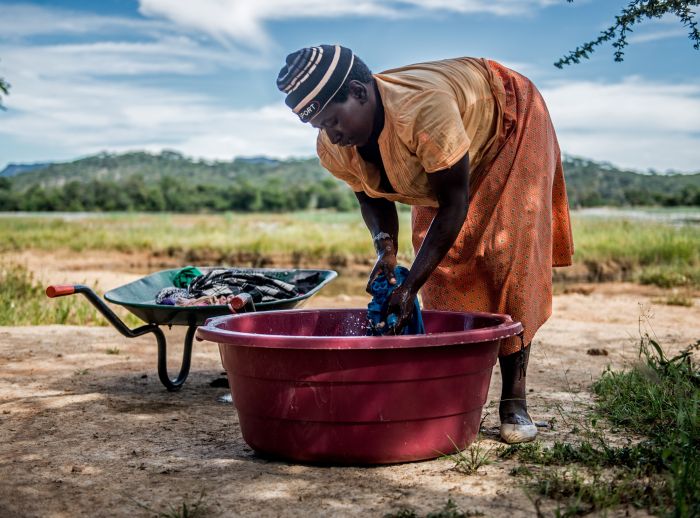
Women and girls undertake more than 75 percent of unpaid care work in the world and make up two-thirds of the paid care workforce. They carry out 12.5 billion hours of unpaid care work every day. When valued at minimum wage this would represent a contribution to the global economy of at least $10.8 trillion a year, more than three times the size of the global tech industry.
At home, we learned that Ireland has the fifth largest number of billionaires in the world, relative to its population, the vast majority of which are men. Women in Ireland, meanwhile, put in 38 million hours of unpaid care work every week, adding at least €24 billion of value to the Irish economy every year. This is equivalent to 12.3 percent of the Irish economy.
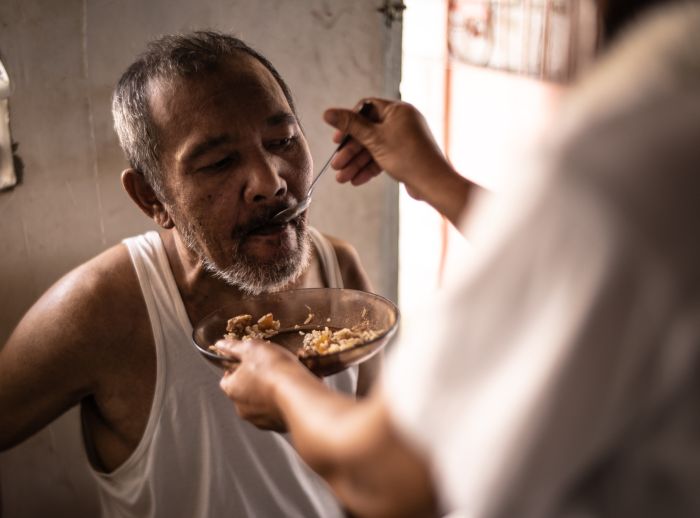
In Northern Ireland, carers’ support is valued at £4.6 billion a year – but this comes at high personal cost. In addition to the financial cost of their caring role, carers often face loneliness and social isolation, as well as increased health problems of their own.
Carers NI recently estimated that one in five people in Northern Ireland provides care for a family member or friend, over 58,000 more than the 2011 census. And over half of all carers in Northern Ireland are women.
Around the world, the pressure on carers, both unpaid and paid, is set to increase as the global population grows and ages. An estimated 2.3 billion people will need care by 2030, an increase of 200 million since 2015.
So, in the run-up to International Women’s Day 2020, it might be worth considering another saying – one that reflects the true value of all this work: “If women stop, the world stops.”
Read our submission to the Citizens’ Assembly here
